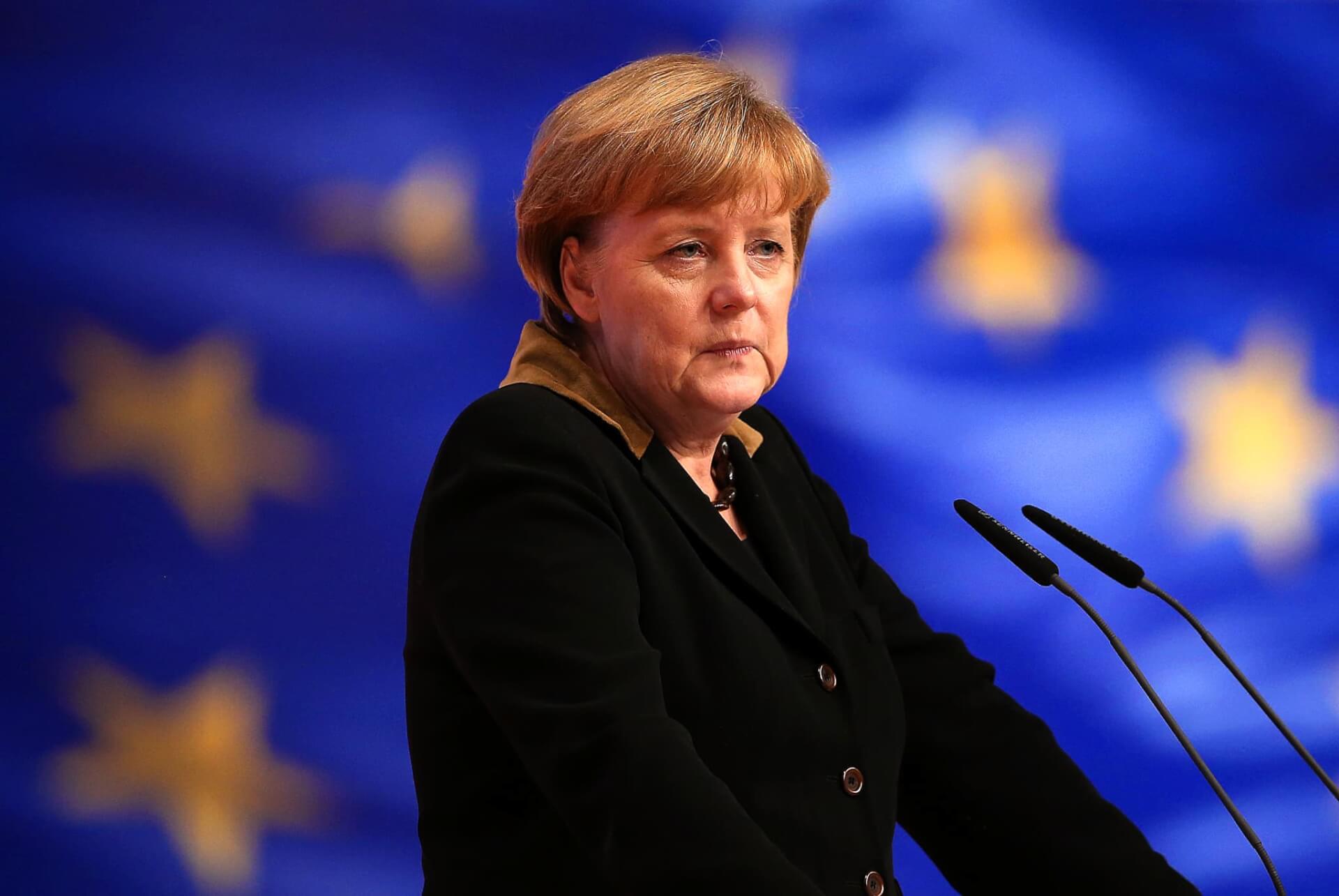After weeks of wrangling over the terms of a budget and COVID-19 recovery package worth €1.8 trillion, the European Union (EU) on Friday finally ended the deadlock with Poland and Hungary, who had held up the much-needed funds.
The two member-states had opposed the bloc’s proposal due to a mechanism that would make disbursements of funds conditional on respecting the rule of law and refused to back down from their veto, which stalled negotiations and delayed €750 billion in crucial relief assistance amidst a second wave of coronavirus infections across the continent.
Warsaw and Budapest, who have both long been at odds with the EU over a range of issues, including judicial independence, gender equality, minority rights, and immigration, called it the rule of law condition a “political and ideological weapon” designed to coerce and punish countries that rejected EU “propaganda”.
However, the three sides reached a compromise on Friday, that finally allowed the package to pass. EU negotiators have agreed to suspend the controversial mechanism until Brussels creates specific and detailed guidelines on how it might be triggered and put to use.
The European Court of Justice (ECJ) is also expected to weigh in to approve the validity of the amended budget before it is applied. Given the glacial pace of court proceedings, analysts claim that Warsaw and Budapest can expect no-strings-attached EU funds for months, if not years, which could benefit Hungarian Prime Minister Viktor Orbán, who will be up for re-election in 2022.
“We could say modestly, of course, that we saved the unity of the union. So, don’t forget that this dispute was not only about the rule of law, regulation, financial issues, it was about the future of the European Union and the question: what is the power centre of the European Union, the European institutions like Parliament, Commission or the member states?” Orban said after the EU leaders’ summit.
“And today we delivered evidence that the European Union is nothing else, just the community and alliance of the nations and the states. And nobody can circumvent the intentions and the will of the elected governments of any nation neither the European Parliament nor the Commission, nobody, because [the] European Union is the unity of the nations,” he added.
Polish Prime Minister Mateusz Morawiecki explained that the mechanism would be limited, to ensure that EU funds are spent correctly according to precise criteria, and be linked to broader social issues such as abortion, LGBT rights, or migration policy.
“We have reached an agreement of a kind that, let me stress it, has accepted all of our preconditions that we have made,” he said, adding, “We fight for our rights. We fight for clarity, we fight for certainty of law, and we fight for the EU treaty so that they are not circumvented by the secondary law.”
While Poland and Hungary celebrated their “victories,” other EU leaders heaved a sigh of relief. Charles Michel, president of the EU Council said that the bloc could now focus on “building back our economies.”
European Commission President Ursula von der Leyen said the agreement “underlined indeed Europe’s ability to come together and act” in the face of the “worst crisis” the bloc has faced. Meanwhile, German Chancellor Angela Merkel said that the breakthrough was a “great relief”.
EU Passes €1.8tn Budget and Recovery Fund, Ending Deadlock With Poland and Hungary
EU negotiators have agreed to suspend the rule of law mechanism until Brussels creates specific and detailed guidelines on how it might be triggered and put to use.
December 12, 2020

SOURCE: CNBC
